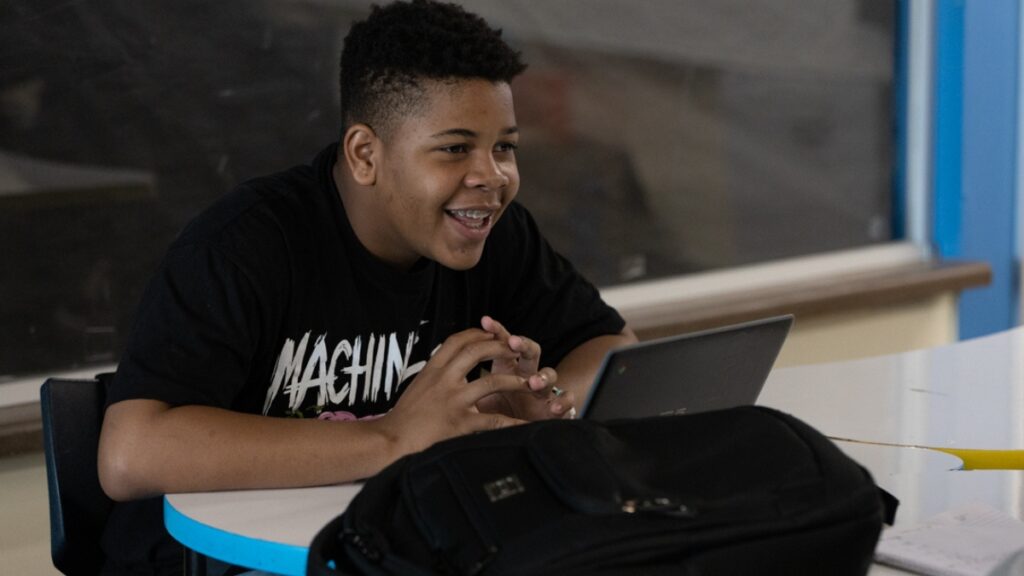At iLEAD Lancaster, we have built social-emotional learning into our approach to education. Social-emotional learning (SEL) helps learners develop social and emotional skills that are essential for success in school, work, and life. SEL focuses on the development of five core competencies: self-awareness, self-management, social awareness, relationship skills, and responsible decision-making.
Self-awareness involves recognizing one’s own emotions, strengths, and weaknesses, while self-management involves regulating one’s emotions and behaviors in different situations. Social awareness involves understanding and empathizing with others, while relationship skills involve communicating effectively, working cooperatively, and resolving conflicts. Finally, responsible decision-making involves making ethical and constructive choices about personal behavior and social interactions.
SEL is typically integrated into an iLEAD Lancaster day through activities, discussions, and projects that help learners practice and develop these core competencies. Facilitators play an important role in modeling and reinforcing these skills, while also creating a safe and supportive learning environment that promotes positive social and emotional development.
Research has shown that SEL positively impacts learners’ academic performance, as well as their social and emotional well-being. It is increasingly recognized as an essential component of a well-rounded education that prepares learners for success in the 21st century.

